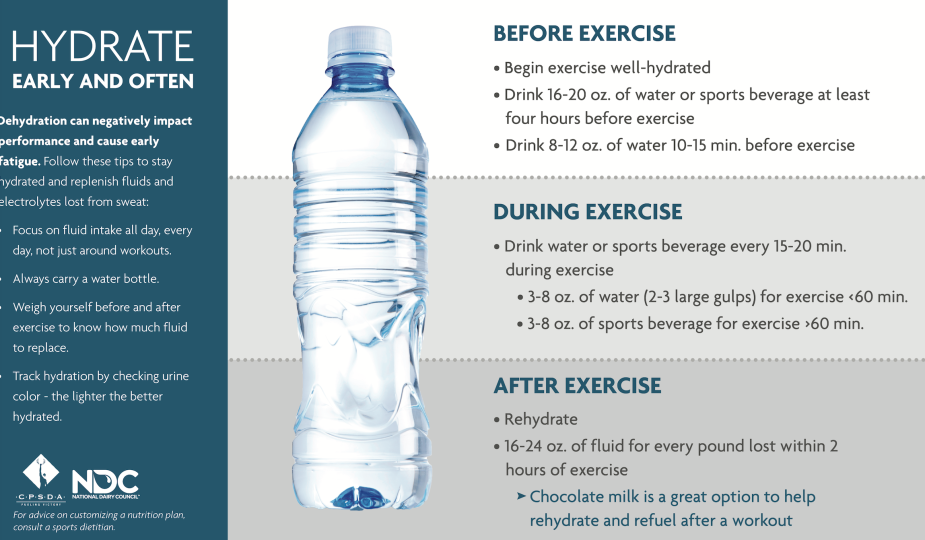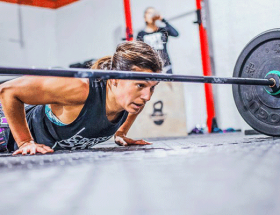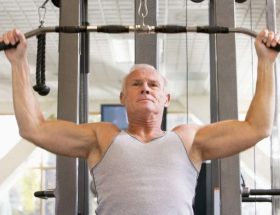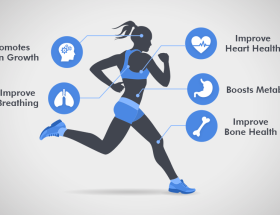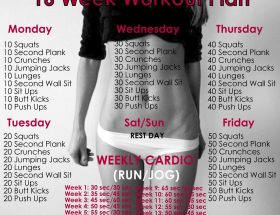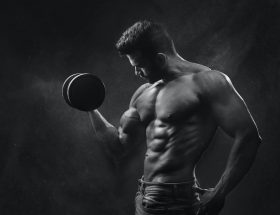Proper hydration is crucial for athletes to achieve their best performance. The body needs water to function effectively, and when an athlete becomes dehydrated, it can significantly impact their physical and mental capabilities. In this article, we will explore the importance of hydration for athletic performance and how it affects an athlete’s overall well-being.
Performance Enhancement
Hydration plays a vital role in enhancing athletic performance. When an athlete is properly hydrated, their muscles and joints are adequately lubricated, leading to improved strength, power, and flexibility. Water also helps regulate body temperature, preventing overheating during intense physical activity. Proper hydration can enhance endurance, allowing athletes to perform at their peak for longer durations without experiencing fatigue.
Dehydration, on the other hand, can have detrimental effects on an athlete’s performance. Even mild dehydration can cause a decline in strength, speed, and overall cognitive function. It can also impair coordination and reaction time, increasing the risk of injury. Studies have shown that even a 2% fluid loss from the body can decrease performance by up to 10%. Thus, it is crucial for athletes to maintain optimal hydration levels before, during, and after exercise.
Pre-Exercise Hydration
Proper hydration should begin well before any athletic activity. Athletes should consume adequate amounts of water throughout the day leading up to their training or competition. This ensures that their body is already well-hydrated before they even start sweating. A general guideline is to drink around 16-20 ounces (approximately 500-600 milliliters) of water 2-3 hours before exercise and another 8-10 ounces (approximately 250-300 milliliters) 20-30 minutes before starting.
It is also essential to note that hydration should primarily come from water and not sugary drinks or sport beverages. While the latter may offer additional electrolytes, they often contain high amounts of added sugars that can be harmful to an athlete’s health. Water is the best choice for hydration due to its natural properties and absence of additives.
During Exercise Hydration
Hydration during exercise is crucial to replace lost fluids and maintain optimal performance. Depending on the intensity and duration of the activity, athletes should drink water or sports drinks to replenish fluids and electrolytes. As a general guideline, athletes should aim to drink around 7-10 ounces (approximately 200-300 milliliters) of water or sports drink every 10-20 minutes during exercise.
Sweat rates can vary among individuals, so it’s essential to monitor how much you are sweating during exercise. Weighing yourself before and after physical activity can give you an estimate of the fluid loss. Ideally, you should aim to consume 16-24 ounces (approximately 500-700 milliliters) of fluid for every pound lost during exercise.
Post-Exercise Hydration
Rehydration after exercise is just as crucial as hydrating before and during activity. Athletes should replace the fluids lost through sweat to restore proper hydration levels. The general recommendation is to consume 16-24 ounces (approximately 500-700 milliliters) of fluid for every pound lost during exercise within two hours of finishing the activity.
Water is usually sufficient for rehydration, but for intense and prolonged exercise lasting longer than an hour, sports drinks containing electrolytes may be beneficial. Electrolytes such as sodium, potassium, and magnesium help restore the body’s electrolyte balance and aid in optimal muscle function and recovery.
The Signs of Dehydration
It is essential for athletes to recognize the signs of dehydration to address the issue promptly. Common symptoms of dehydration include:
Thirst
Dry or sticky mouth
Headache
Dizziness or lightheadedness
Decreased urine output
Dark-colored urine
Cramping
Fatigue
Poor concentration
Irritability
If an athlete experiences any of these symptoms, it is crucial to rehydrate immediately and rest. Severe dehydration may require medical attention.
Conclusion
Hydration is a fundamental aspect of athletic performance. Proper hydration enhances performance, improves endurance, and reduces the risk of injuries. Athletes should prioritize hydration by drinking adequate amounts of water before, during, and after exercise. Monitoring sweat rates and recognizing signs of dehydration are essential to maintaining optimal performance and overall well-being. Stay hydrated to perform at your best!
